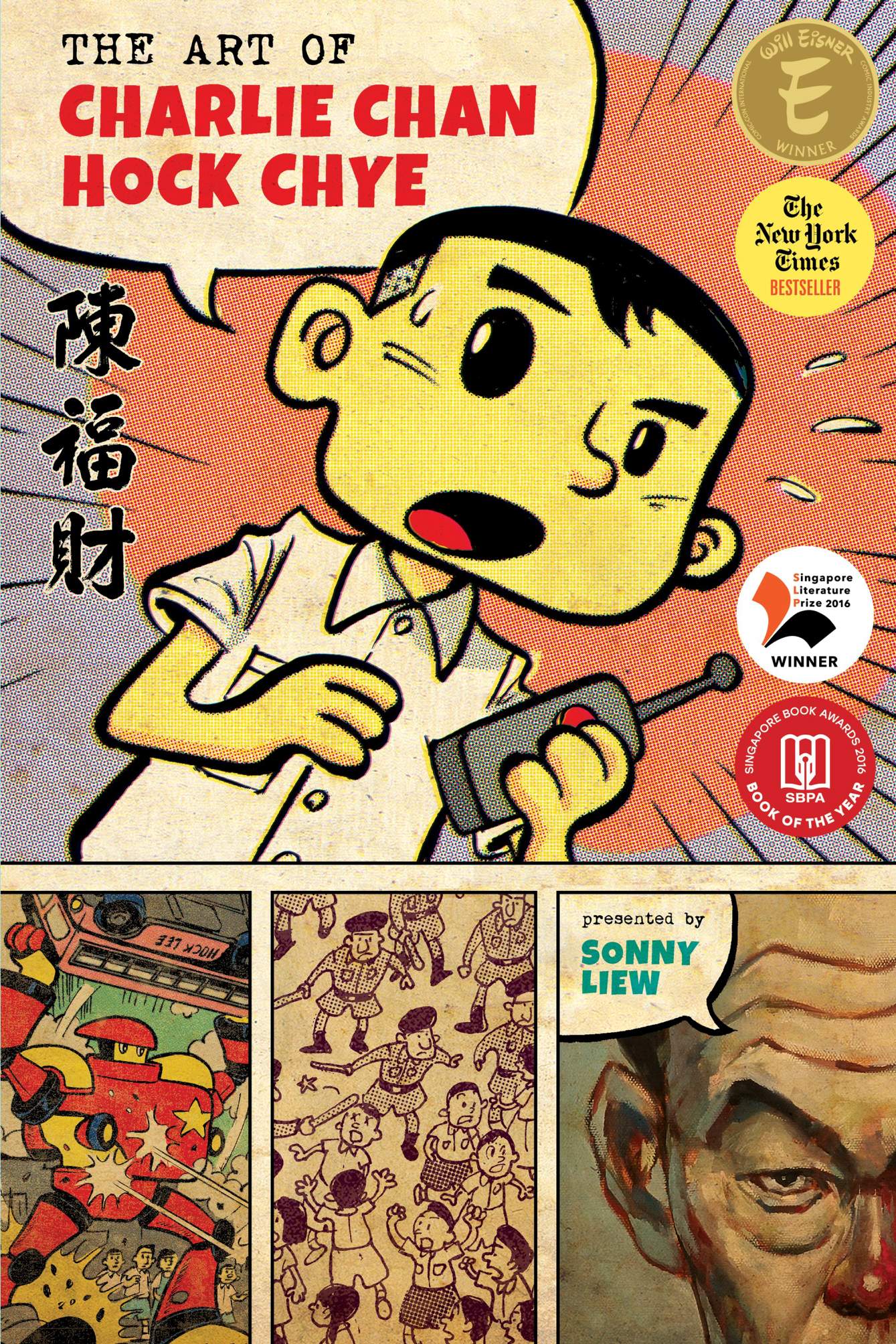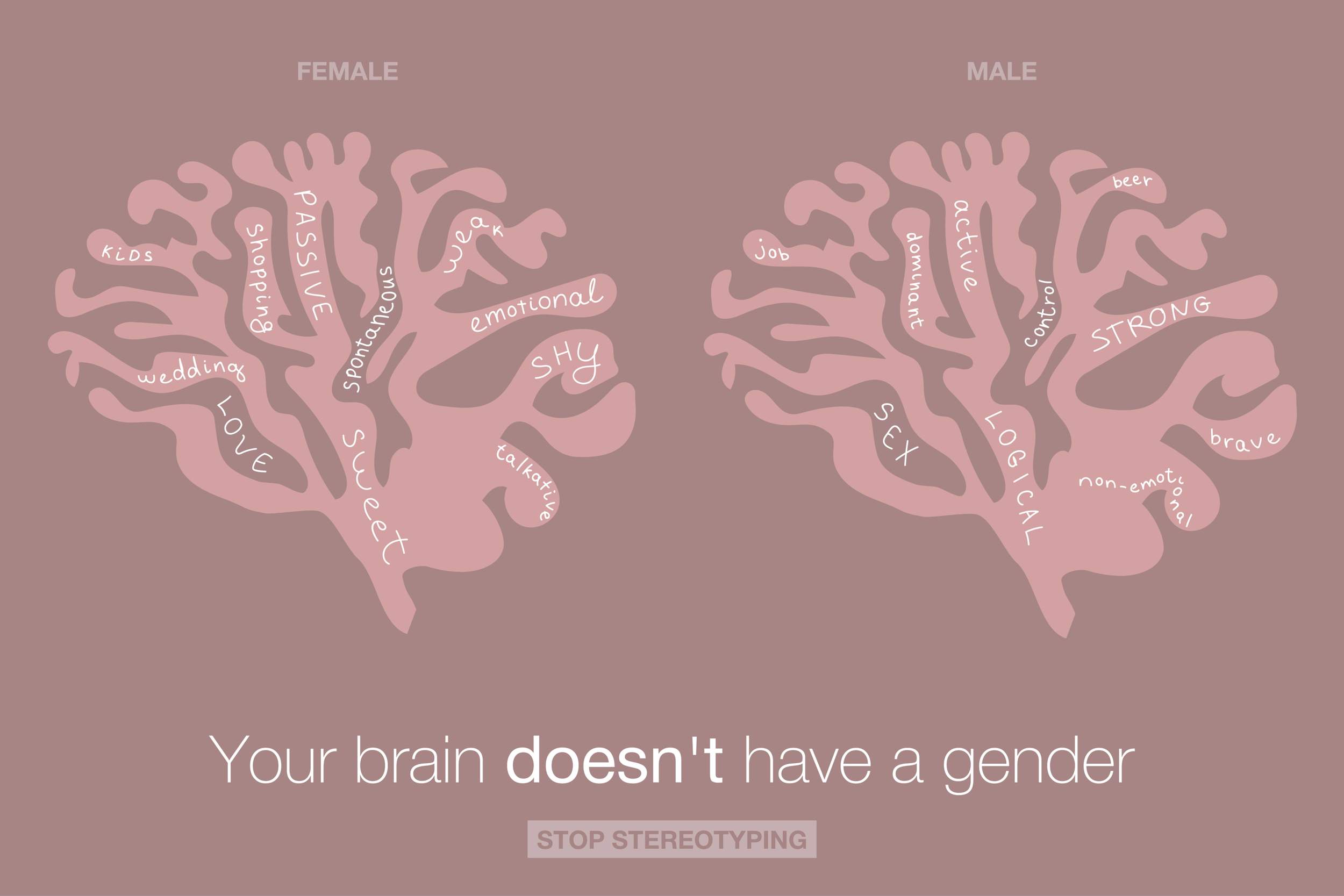My boyfriend and I are currently on break at my request. There were a lot of glaring issues such as a lack of communication and boundaries that was making being together miserable for both of us, and I’ve had to deal with some personal mental health issues recently that I don’t feel he took very seriously. In short, we love each other but I’m not sure we’re meant to be together. I feel that I’ve reached a point where I’ve outgrown him and he’s the same as when we started dating five years ago. However, because we’ve been together so long, the idea of not being part of each others’ lives is awful, and I know if we actually broke up we wouldn’t be able to be part of each others’ lives. As if this all isn’t confusing enough, I’ve started having feelings for one of my guy friends and it’s making the issues in my current relationship even more obvious. What should I do?Relationship Purgatory
I feel you answered your own question when you stated that there were issues that were “making being together miserable for both of us.” My sense is that in your heart of hearts you’ve already crossed the Rubicon on this one. So why then does the idea of putting him definitively in the rearview mirror cause you distress? My guess is security.
Our vulnerability to being lashed about by our own emotions causes us humans great angst. The lengths we go to try to inoculate ourselves against that vulnerability explains almost everything about human society. We buy property to ensure shelter. We accumulate possessions to secure status. We buy insurance to shield us from calamity. We take drugs and drink to chemically induce a certain state of being. And, as in your case, we bind ourselves to a mate to protect us from abandonment.
Security is essential to survival, so it’s obvious why all animals, from protozoa to homo sapiens, are wired to seek it.
“We are certainly in a common class with the beasts; every action of animal life is concerned with seeking bodily pleasure and avoiding pain,” said Saint Augustine, the renowned Byzantine-era philosopher on the human condition.
The problem is that most of the means we’ve developed for shielding ourselves from pain either fail or inflict more damage. Substance use becomes addiction, the cost of insurance is higher than the disaster it purports to mitigate and bad relationships cause us more distress than moving on.
“Security is mostly a superstition,” said Helen Keller, whose loss of sight and hearing in early childhood acquainted her intimately with uncertainty. “It does not exist in nature, nor do the children of men as a whole experience it. Avoiding danger is no safer in the long run than outright exposure. Life is either a daring adventure, or nothing.”
I’ve been through a divorce so I know what is on the other side of letting go. None of the worst things I imagined about it came true, but neither did the best. If I’d invested heavily in either outcome, I would have amplified my pain by adding injury or disappointment to loss.
Decisions operate on the old axiom of “garbage in, garbage out.” False assumptions about the future will yield bad decisions.
“Remember that there is only one important time and it is now,” said Russian author Leo Tolstoy, channeling the Buddha.
One compass that will not fail you is compassion. What that means in each moment as you move forward may shift, but so long as it remains your guide, both you and your boyfriend will land in a good place. You might even be able to stay friends.
I’ve had issues with an eating disorder since I was young and switched to a vegan diet a few months ago to be healthier. I’ve felt so much better about myself since then. However, when I was out to eat with some family, a family member remarked on how much I was eating. Because vegan food isn’t as high in calories, I tend to eat more of it. This instantly made me feel small and embarrassed and brought back a lot of old feelings. How do I keep this from turning into a shame spiral?Trying To Be Healthy
Your story reminds me of an incident I sometimes razz my dad about. We were out to eat and at the end of the meal he turned to my step-mom and, looking at her empty plate, declared, “You were hungry!” I told him those were the three worst words you could say to a woman at the end of a meal.
You didn’t mention the gender of your family member, but I think I’m safe in assuming the person is male. If that is the case, you have to consider how differently men are socialized to think about food. For young men especially, a voracious appetite is a badge of honor. From that vantage, the family member would have had little idea his comment would land as shaming.
Intentions aside, if a comment hits a nerve, it hurts just the same. Even though you have begun to experience the virtuous cycle of positive choices yielding good results yielding motivation for more positive choices, your old habits of thought are still fresh. This setback is a good opportunity to reexamine your relationship with food.
Perhaps your family member’s comment was hurtful because what you eat and your self-worth are still coupled. If this is the case, your self esteem still rises and falls with your diet. What if you try to think of your self-worth as non fungible, immutable, and beautiful like a sunset, which can’t be commodified.
As empowerment author Brene Brown writes, “True belonging only happens when we present our authentic, imperfect selves to the world, our sense of belonging can never be greater than our level of self-acceptance.”
Katie Burford has worked as a social worker, journalist, university instructor, nanny and barista. These days, she’s a mom, professional ice cream maker and writer. Reach her at [email protected], @rockyroadadvice (Twitter) or Rocky Road, 1021 Main Ave, Durango, CO 81301.












